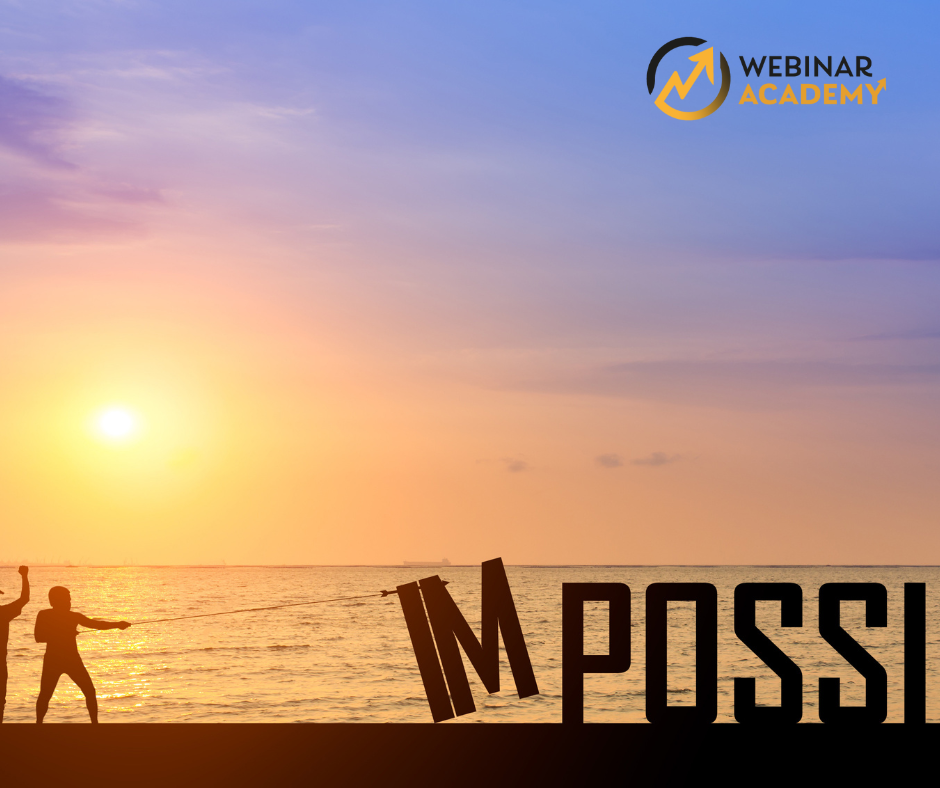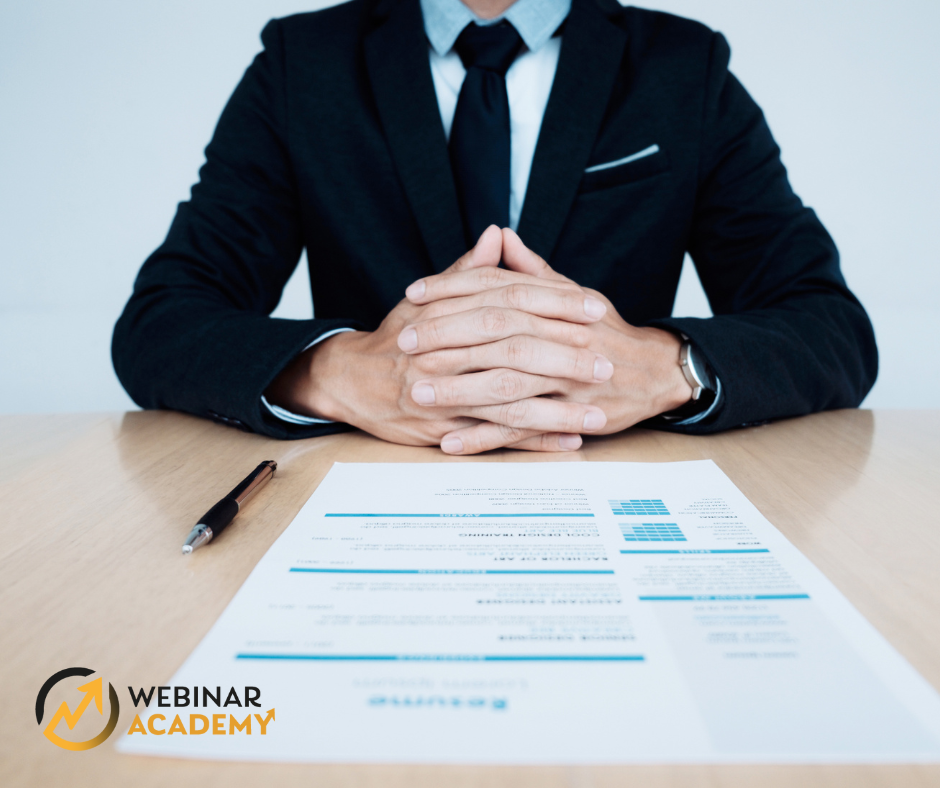Learning ... how to define it
Education is knowledge. It is a way to learn about the world around us, to understand the processes taking place in it. Therefore, it can be described as the acquisition of knowledge. Learning, in turn, is called the cognitive process that leads to the acquisition and accumulation of experience. As a result, new forms of behavior and action are created or there is a modification of those that were acquired earlier.
Learning can be considered as an activity, single and short-lived, or as a process - more activities going on in parallel or separately. An activity is when we want to learn a poem, for example. A process consists of different activities.
For learning to be effective, memorization is important. Whether they occur and how effective they are depends on the effectiveness of learning. Memorization is influenced by external conditions. Learning is favored by peace and quiet, although some people find it easier to concentrate with different sounds or music. Another issue is methods for memorization. There are many of them and each person should find his own. They depend on a person's conditions and how developed his senses are. Some people absorb information better by listening, while others need to see the text or read aloud to themselves.
Memorization is also affected by such factors as:
- the type of material - that is, what needs to be learned,
- the characteristics of the learner: intelligence, special talents in some area,
- attitude and emotional involvement - a positive attitude to the material to be covered helps to remember it faster,
- age - children remember more easily than older people, but learning stimulates the brain and allows to exercise its efficiency at any age,
- interests - it is much easier and more enjoyable to learn something interesting to a person, something that fits into the person's circle of interests. To learn something new and enjoy it, it is best to find something related to interests. Webinar Academy offers interesting courses. The platform works online, so you can learn anytime, anywhere.

Learning during childhood
Learning happens differently in children and in adults and the elderly. The motive for learning as an activity and conscious activity changes over time. Young children learn, acquire skills and learn about the world unwittingly. Most often, they are not at all aware that they are acquiring knowledge, that they are doing something that enriches their experience. This changes at preschool and school age. This is where a certain responsibility already comes into play. The child knows that he has to learn something, do his homework, prepare for the next section of school. The motivation to learn thus becomes more conscious. As the child gets older, this motivation begins to concern more and more distant goals - it's no longer just about good grades on the certificate, but, for example, about getting into a dream school or an interesting college.
At school age, the main motives for learning are the influence of the teacher, fear of bad grades, punishment, curiosity and interest, the power of habit, the practical usefulness of knowledge, the need to obtain a school certificate, as well as ideological and world-view motives.
The first years of a child's life are very important for his development. They also have an impact on learning in the future. Active learning in early childhood shapes the brain - sometimes even into adulthood. It has been proven that active early learning can support the development of cognitive abilities, which contributes to better future performance, career development and success in adulthood.
Learning during adolescence
Adolescence is a difficult time, both for the teenager, their parents and the whole environment. Learning becomes a problem at this age. Motivation for learning is never still at the same level, but during puberty it becomes more unstable than usual. There may be periods of rebellion or dissatisfaction, which are not without impact on school success.
It is worth noting that the human brain develops for quite a long time. According to earlier data - up to the age of 6, but it is now known that some parts of the brain change, develop until about 18. Or even up to the age of 25. between 11 and 12 years of age in the frontal lobe of the brain there are major changes, the cerebral cortex thickens, the number of synapses increases. By the age of 18, the brain loses about 1% of the gray matter, which is necessary for the brain to function more efficiently.
Thus, during adolescence, the brain is extremely plastic. It is worth betting on learning during this time - not just typical school subjects. Playing an instrument, playing sports or learning a foreign language can be interesting. There is a good chance that the sports cells responsible for these activities will become fixed. The training of maturing cells is of great importance and has implications for later life.
Of course, learning is much more enjoyable if the subject matter is interesting and in line with interests. It is worthwhile to look for courses on the web. Online learning can be very effective - interesting content is offered by Webinar Academy. Online training can be redone in your free time and combined with other responsibilities.
Learning in adult life
Although compulsory schooling in Poland ends with high school, this does not mean that after receiving a certificate you should completely abandon learning. After all, learning has many health benefits. For example - it prolongs life. People who are less trained age faster than those who show a willingness to learn new things and constantly stimulate the brain. It doesn't have to be learning at school or college - it can be remote learning. The Webinar Academy training platform offers such an option. On the site you can find a variety of interesting training courses to redo anytime, anywhere.
In addition, learning affects the mood and condition of the body. It reduces stress. Focusing on an activity, reading, memorizing puts the body in a state similar to meditation. Focusing on learning allows the body to calm down, relax. However, despite the fact that learning has a positive effect on health, helping train memory, which naturally deteriorates with age, excessive ambition can lead to overload and many diseases. In everything, therefore, one should exercise moderation.

Learning for seniors
The brains of the elderly work differently than those of younger people, so they need different learning techniques. At an older age, it's a good idea to stimulate memory and keep trying something new to keep the brain in good shape. For seniors, the trial and error method works well. This way is a more difficult process of remembering information. The brain points to a variety of associations and connections to recognize the right form. Many things can be learned effectively this way. Methods that do not allow for mistakes and assume learning the correct form from the start are not as effective in trying to delay the cognitive decline associated with age and brain aging.
Learning accompanies us throughout our lives. As children, we learn to walk, talk, read, learn about the world. Then comes school and adult life. Learning helps keep the brain in good shape, supports memory and benefits health and well-being.
